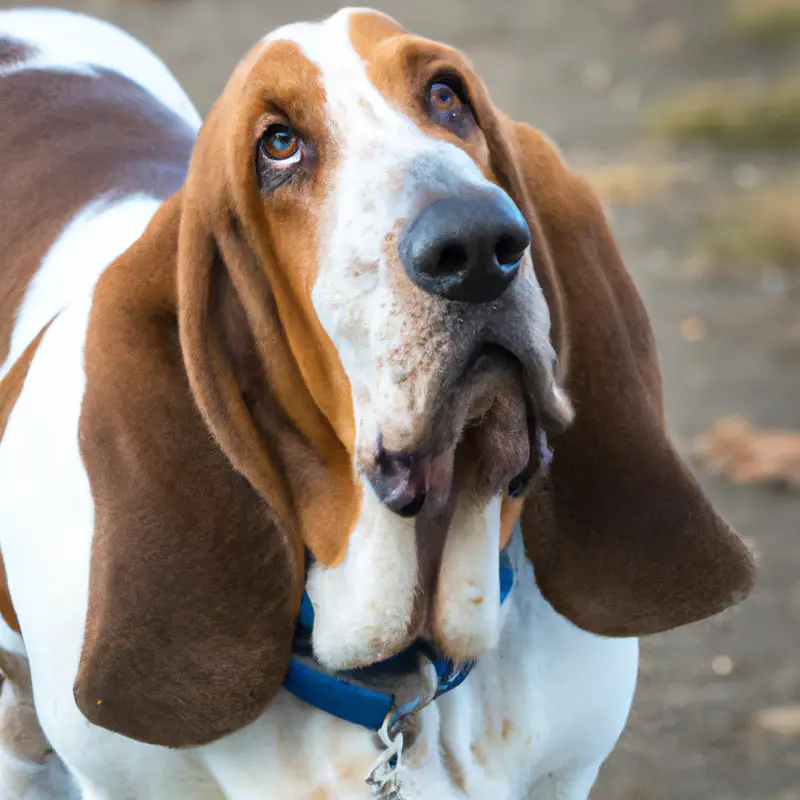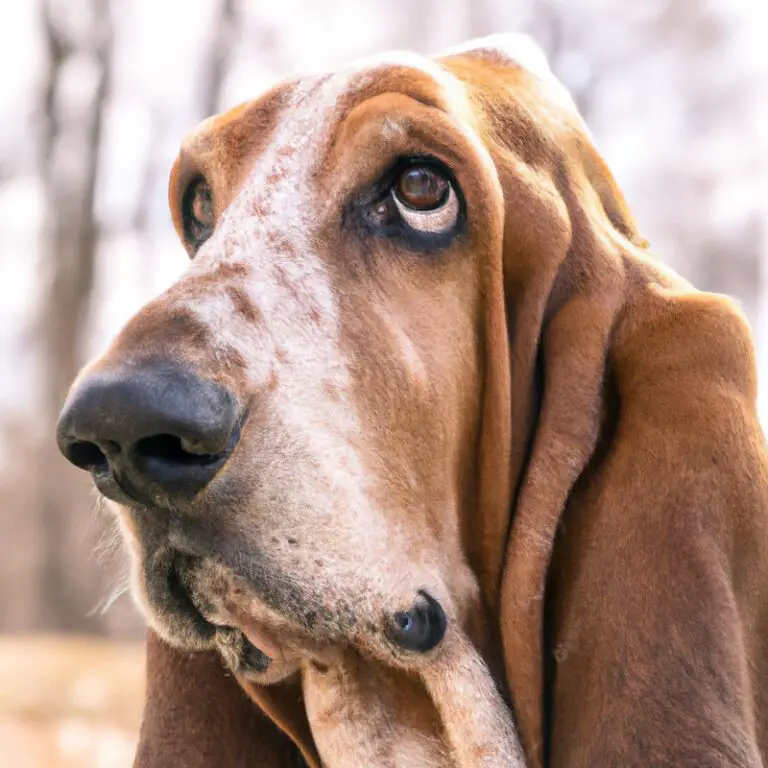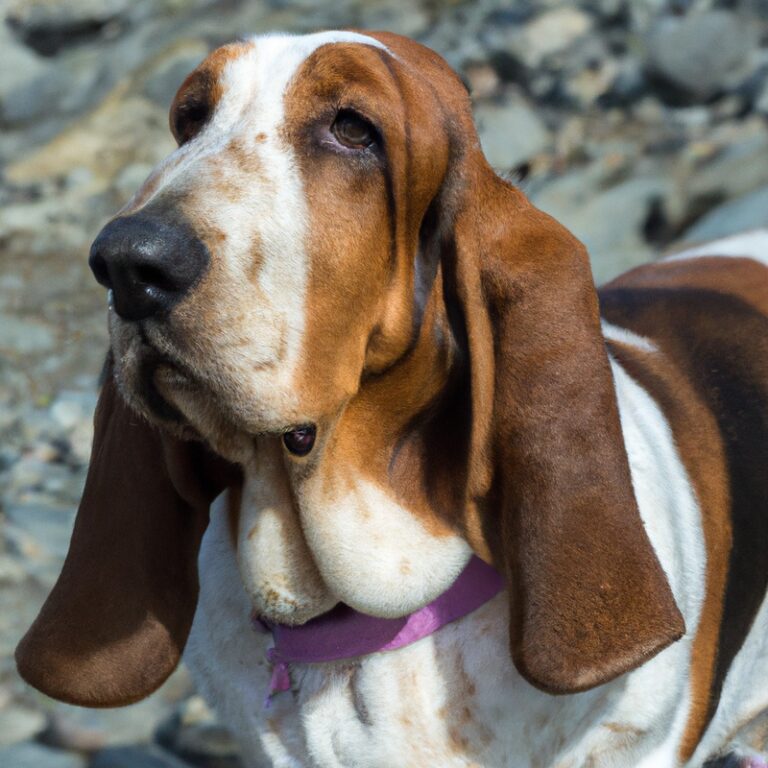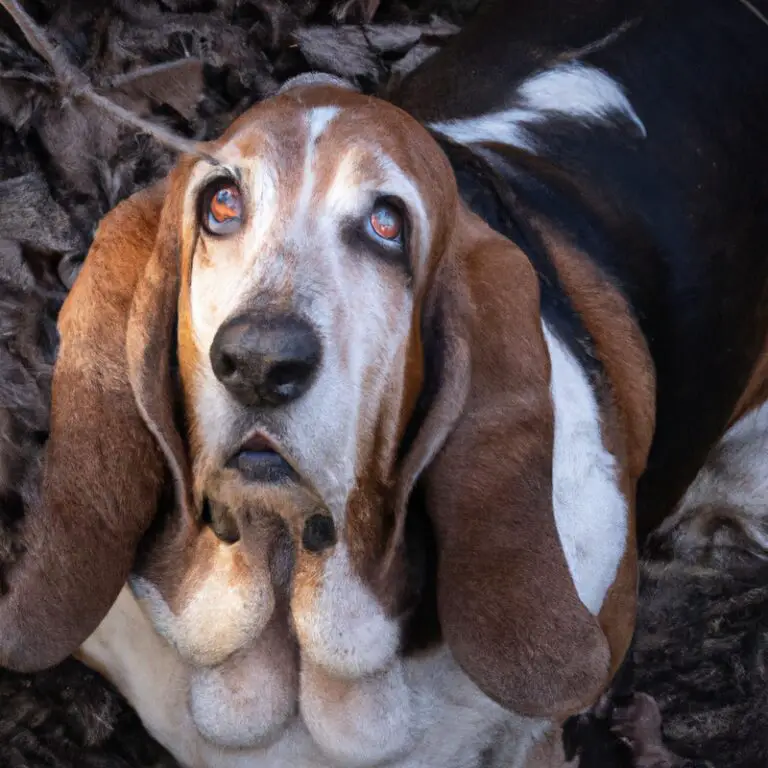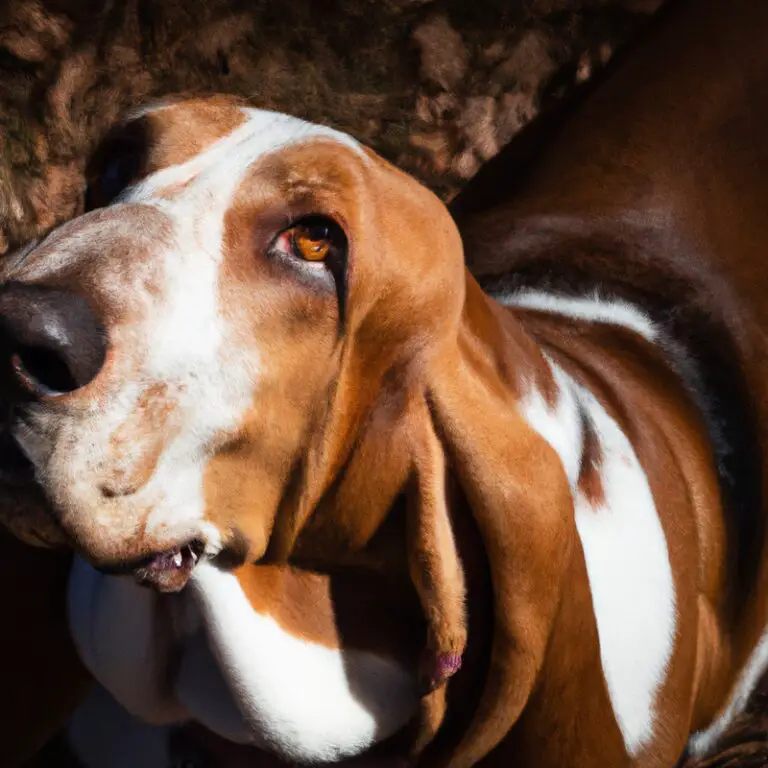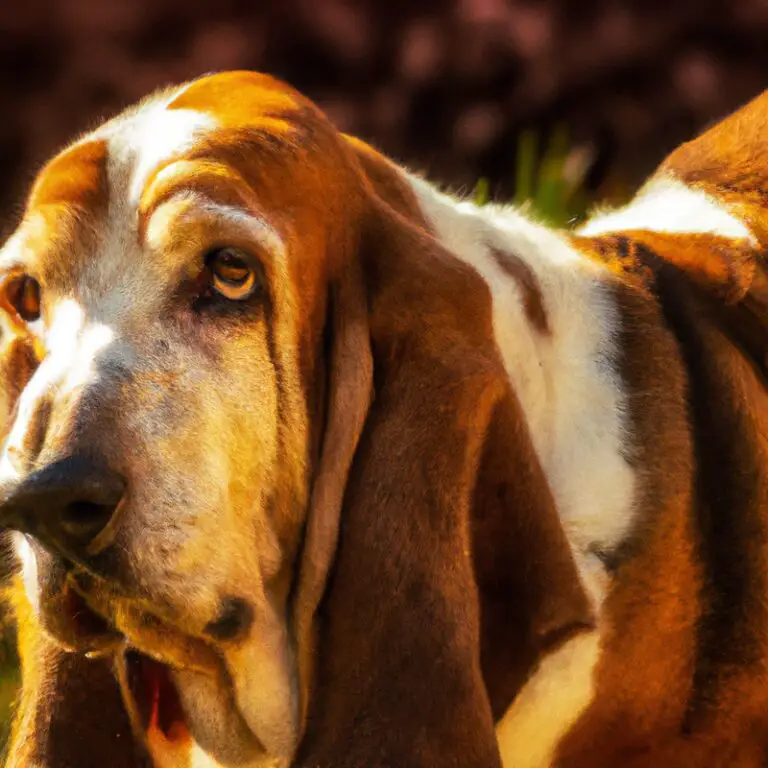How Do Basset Hounds Behave Around Other Dogs?
Key Takeaways:
- Basset Hounds tend to have a friendly and approachable demeanor towards other dogs.
- They generally get along well with other canines and enjoy socializing.
- Bassets have a calm and laid-back nature, making them less likely to engage in aggression or conflict with other dogs.
- Proper socialization and positive experiences can further enhance their friendly behavior around other dogs.
Are you curious about how Basset Hounds interact with their canine counterparts?
Well, you’ve come to the right place! As an expert in dog behavior, I’m here to shed some light on this fascinating topic.
Basset Hounds are known for their friendly and easygoing nature, but just like any other breed, their behavior around other dogs can be influenced by various factors.
In this article, we’ll explore the temperament of these lovable hounds, the importance of socialization, common behaviors around other dogs, and how to address any negative behavior that may arise.
So, let’s dive in and discover the world of Basset Hound social dynamics!
| Behavior | Description |
|---|---|
| Friendly | Basset Hounds are generally friendly and sociable dogs. They tend to get along well with other dogs and enjoy their company. |
| Playful | They have a playful nature and enjoy interacting with other dogs through play. They can often be seen running, jumping, and engaging in friendly wrestling matches with other canines. |
| Non-aggressive | Typically, Basset Hounds are not aggressive towards other dogs. They have a mild temperament and are known for their gentle nature. |
| Scent-driven | Due to their strong sense of smell, Basset Hounds might sometimes get distracted when they catch a scent. They may temporarily disregard other dogs while they follow a scent trail. |
| Curious | Basset Hounds have a curious nature and may approach other dogs to investigate and sniff them. They are generally interested in meeting and getting to know new dogs. |
| Occasional howling | Basset Hounds are known for their distinctive howl. When they encounter other dogs, they may engage in vocal communication, including howling, as a form of social interaction. |
Understanding Basset Hound Behavior
Basset Hound Temperament
Basset Hounds have a friendly and gentle temperament.
They are known to be loyal, loving, and patient dogs.
They are generally good-natured and get along well with other dogs and animals, making them a great choice for families with multiple pets.
Bassets are also known for their calm and relaxed demeanor.
They may be a little stubborn at times, but they are generally easygoing and adaptable.
However, it’s important to note that each dog is unique, and individual temperament can vary.
Basset Hound Socialization
Basset Hound socialization is essential for their well-being.
It helps them develop good behavior and positive interactions with other dogs and people.
Socialization should start from a young age and continue throughout their lives.
Exposing them to different environments, experiences, and individuals can help them become more confident and comfortable in various situations.
It is important to introduce them to other dogs gradually and in a controlled manner, using positive reinforcement.
Remember, socialization is an ongoing process that requires patience and consistency.
Basset Hounds and Other Dogs
Basset Hounds generally get along well with other dogs. They have a friendly and easygoing nature.
Proper socialization and introductions are important to ensure positive interactions.
It’s best to supervise their first meetings and introduce them in a neutral territory. Positive reinforcement is key in encouraging good behavior.
Basset Hounds are known for their playfulness and affection towards other dogs.
They might vocalize and howl, which is their nature. Scent-driven behavior is also common due to their strong sense of smell.
If any negative behavior arises, like aggression or fearfulness, seeking professional help is recommended.
Consistent training, socialization, exercise, and monitoring are crucial for successful interactions.
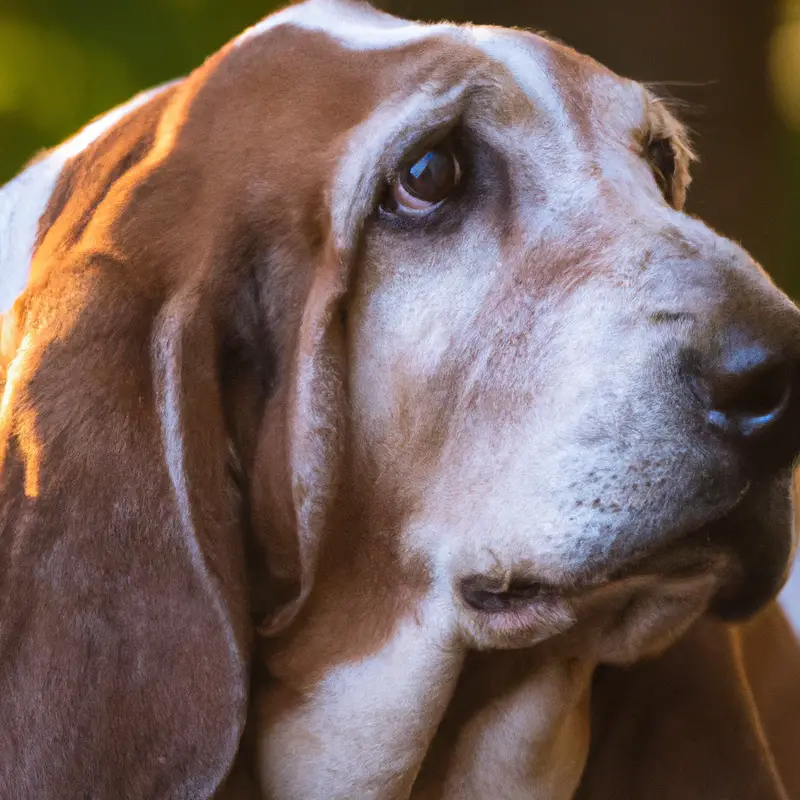
Factors Affecting Basset Hound Behavior
Age and Development Stage
Age and development stage play a significant role in shaping a Basset Hound’s behavior around other dogs. During their puppyhood and adolescence, Basset Hounds are generally more curious, playful, and open to socializing with other dogs.
However, as they mature into adulthood, their behavior may become more reserved, independent, and less tolerant of other dogs.
It’s crucial to understand and accommodate these changes in behavior based on their age and development stage when introducing Basset Hounds to other dogs.
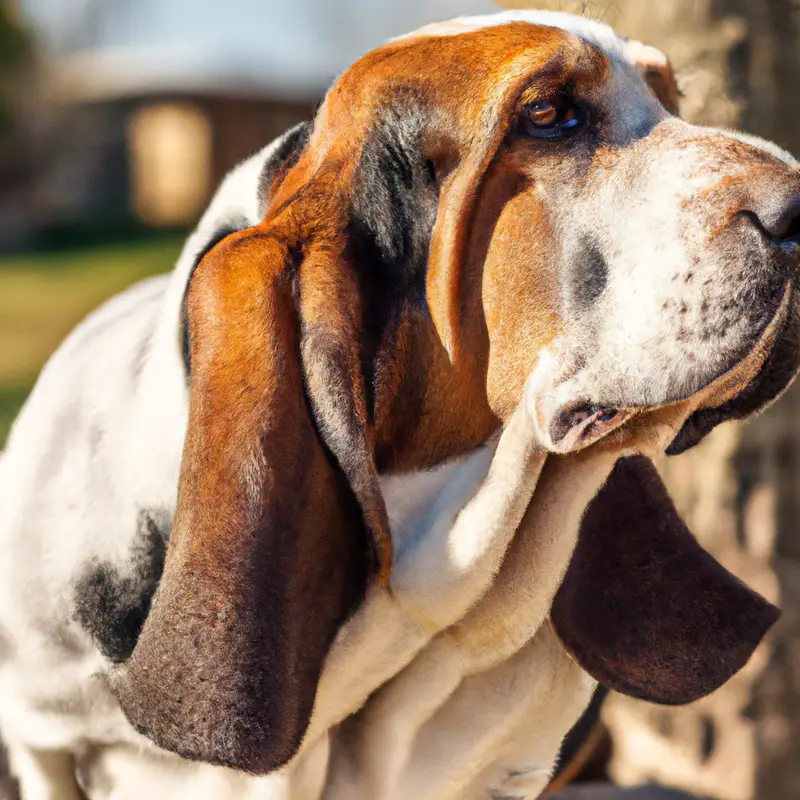
Training and Obedience
Training and obedience are essential for Basset Hounds.
Consistency is key when teaching them basic commands such as sit, stay, and come.
Positive reinforcement, like treats and praise, helps motivate them during training sessions.
Basset Hounds can be stubborn, so patience is important.
Using rewards and repetition can help them understand what you want them to do.
Regular training sessions will help maintain their obedience and strengthen the bond between you and your Basset Hound.
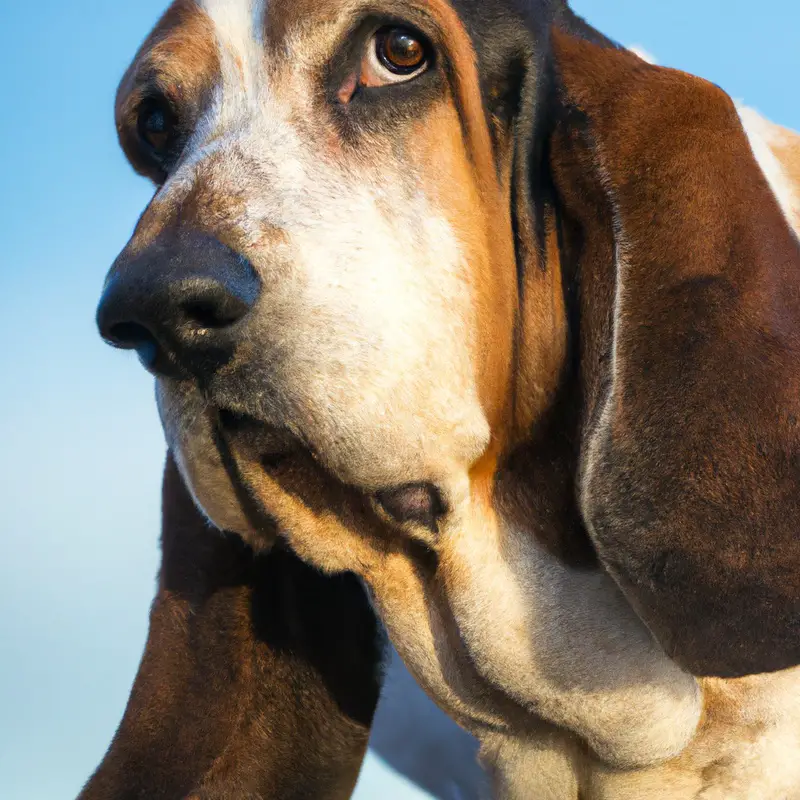
Health and Well-being
The health and well-being of your Basset Hound are key factors in their behavior around other dogs.
Regular visits to the veterinarian for check-ups and vaccinations are important to ensure your dog is healthy.
Providing a balanced diet and regular exercise will help keep your Basset Hound in optimal condition both physically and mentally.
Additionally, keeping up with grooming, such as regular ear cleanings and nail trims, can contribute to their overall well-being.
Monitoring their weight and addressing any health issues promptly is also crucial.
Introducing Basset Hounds to Other Dogs
Supervised First Meetings
During supervised first meetings with other dogs, it’s important to create a calm and controlled environment.
Start by selecting a neutral territory where both dogs can feel comfortable.
Keep the introductions brief and monitor their body language closely.
Use positive reinforcement, such as treats and praise, to reward good behavior.
If any signs of aggression or fearfulness arise, separate the dogs and seek professional help if needed.
Remember to always prioritize the safety and well-being of both dogs during these initial interactions.
Neutral Territory
Neutral territory is key when introducing Basset Hounds to other dogs.
This means choosing a location that is unfamiliar to both dogs, such as a park or open space.
By doing this, you’re preventing territorial behavior and reducing the chances of conflict.
It allows the dogs to meet on equal ground, with no one feeling that their space is being invaded.
Neutral territory gives the dogs a chance to establish a positive first impression and helps set the stage for a successful interaction.
Positive Reinforcement
Positive reinforcement is a powerful tool when it comes to shaping a Basset Hound’s behavior around other dogs.
I use rewards, like treats or praise, to encourage and reinforce good behavior.
For example, if my Basset Hound remains calm and friendly during a meeting with another dog, I reward them with a treat or verbal praise.
This positive reinforcement helps to create positive associations and encourages desirable behavior in future interactions with other dogs.
Consistency and patience are key when using positive reinforcement with Basset Hounds.
Common Behaviors of Basset Hounds around Other Dogs
Playfulness and Affection
Basset Hounds are known for their playful and affectionate nature. These dogs enjoy engaging in various playful activities with their owners and other dogs.
They have a playful spirit and love to chase balls or toys, making them great companions for playtime.
Basset Hounds are also very affectionate and love to shower their human family members with love and attention. They enjoy cuddling, leaning against their owners, and giving gentle kisses.
Their affectionate nature makes them wonderful family pets.
Vocalization and Howling
Basset Hounds are known for their distinct vocalization and howling. They have a deep and melodious bark that they use to communicate and express themselves.
Additionally, Bassets are prone to howling, especially when they are bored, lonely, or seeking attention.
It’s important to understand that vocalization and howling are natural behaviors for Basset Hounds and shouldn’t be seen as a problem or negative behavior. Providing them with companionship, mental stimulation, and regular exercise can help reduce excessive howling and promote a calm and contented environment.
Scent-Driven Behavior
Basset Hounds are known for their incredible sense of smell, which drives much of their behavior. Their scent-driven nature means they are often more interested in following a scent trail than interacting with other dogs.
When around other dogs, Basset Hounds may become easily distracted and focused on sniffing the ground or searching for interesting smells.
They might not engage in typical play or socialize in the same way as other breeds. This scent-driven behavior is a natural instinct for Basset Hounds and should be understood and respected when interacting with them.
Addressing Negative Behavior
Aggression or Fearfulness
Aggression or fearfulness in Basset Hounds towards other dogs can be a concern.
Some Bassets may display aggression due to territoriality or fear while others may be fearful due to past experiences or lack of socialization.
Recognizing the signs is crucial – growling, barking, lunging, or cowering.
Addressing these behaviors requires patience, consistency, and positive reinforcement.
Seeking professional help can also be beneficial.
Separation Anxiety
Separation anxiety can be a common issue for Basset Hounds.
When left alone, they may exhibit signs of distress such as excessive barking, destructive behavior, or even soiling the house.
To help alleviate separation anxiety, it’s important to gradually acclimate your Basset Hound to being alone.
Start with short periods and gradually increase the duration.
Provide them with interactive toys or puzzles to keep them mentally stimulated.
Creating a calm and secure environment before leaving can also help ease their anxiety.
If the problem persists, consulting a professional trainer or behaviorist may be beneficial.
Seeking Professional Help
Seeking professional help is essential if you’re experiencing challenging behavior with your Basset Hound around other dogs. A professional dog trainer or a behaviorist with expertise in canine behavior can provide guidance and personalized strategies to address specific behavior issues.
They can assess the situation, identify the root causes of the behavior, and create a tailored training plan to help modify your dog’s behavior.
Remember, seeking professional help is a proactive step in ensuring the safety and well-being of your Basset Hound and promoting positive interactions with other dogs.
Tips for Successful Interaction
Training and Socialization
Training and socialization are key aspects in shaping a Basset Hound’s behavior around other dogs.
Consistency and positive reinforcement are essential when training a Basset Hound.
Teaching basic commands like “sit” and “stay” can help establish boundaries and build trust.
Socialization should begin early to expose them to different dogs and situations.
Gradual exposure to new experiences will help them become well-rounded and adaptable.
Regular playdates and supervised interactions with other dogs can further improve their social skills.
Remember, patience and understanding are key when training and socializing your Basset Hound.
Consistent Exercise and Mental Stimulation
Consistent exercise and mental stimulation are key for a well-behaved and happy Basset Hound.
Regular exercise helps them release energy and prevents boredom, which can lead to destructive behavior.
Daily walks, playtime, and interactive toys are great ways to keep them physically active and mentally engaged.
Mental stimulation, such as puzzle toys or training sessions, helps satisfy their natural curiosity and intelligence.
Remember, a tired Basset Hound is typically a well-behaved one!
Monitoring and Supervision
Monitoring and supervision are key when it comes to the behavior of Basset Hounds around other dogs. Keeping a vigilant eye on their interactions allows you to step in if any negative behavior arises.
It’s important to observe their body language, ensuring they are comfortable and not displaying signs of aggression or fear.
Additionally, providing a safe and controlled environment during their interactions can help prevent any unwanted incidents. Regularly monitoring and supervising their interactions can help promote positive socialization and prevent potential conflicts.
Final Verdict
Understanding Basset Hound behavior around other dogs is crucial for a harmonious and safe interaction. Their laid-back temperament and social nature make them generally friendly, but proper socialization and training are essential.
Age, training, and health also impact Basset Hound behavior.
When introducing Basset Hounds to other dogs, supervised first meetings, neutral territory, and positive reinforcement are key. Basset Hounds exhibit playfulness, vocalization, and scent-driven behavior around other dogs.
Addressing negative behaviors like aggression or fearfulness requires proactive measures and professional help if needed.
To ensure successful interactions, consistent training, exercise, mental stimulation, and close monitoring are vital. Take these insights to foster positive relationships between Basset Hounds and other dogs.

